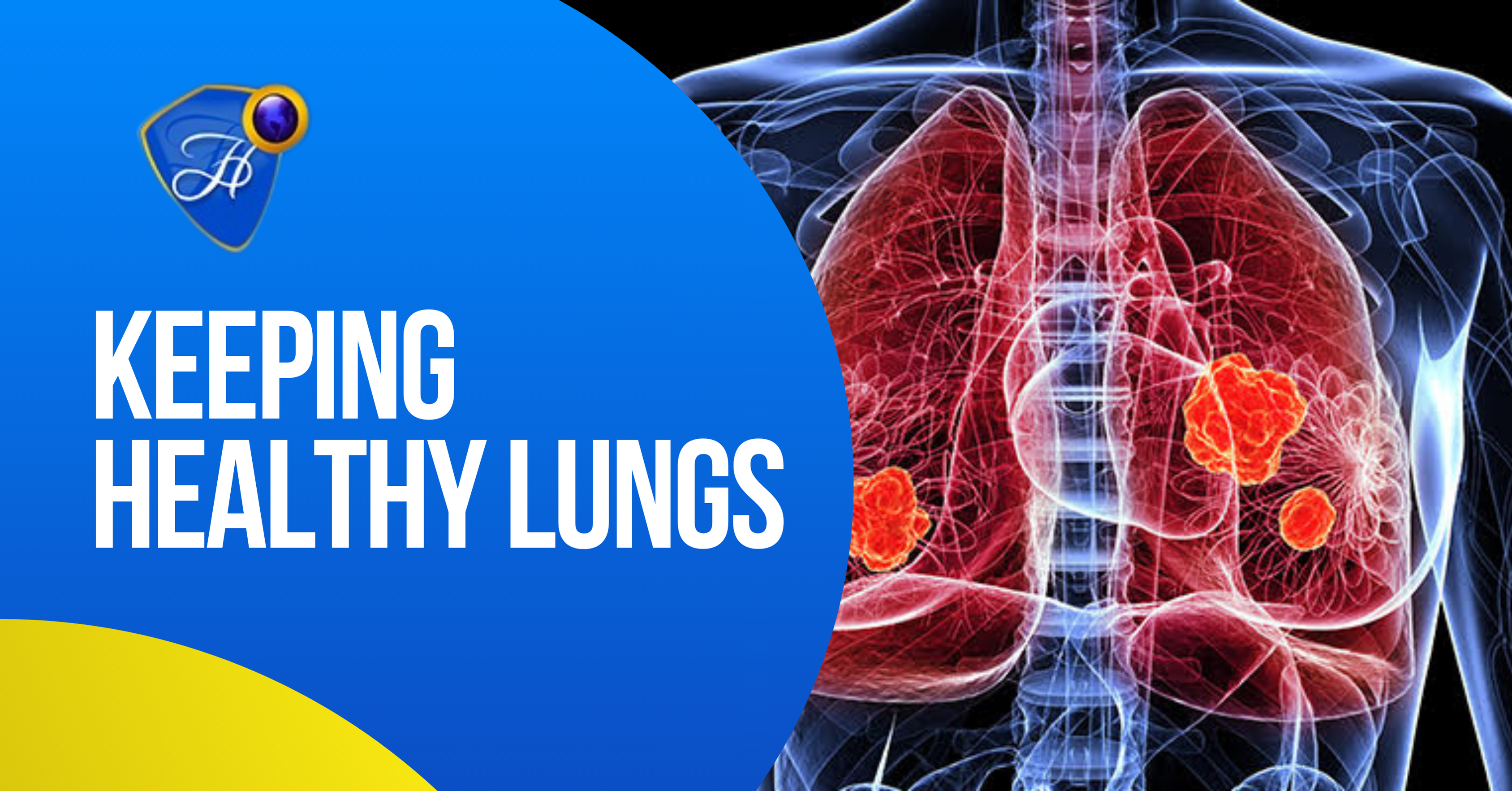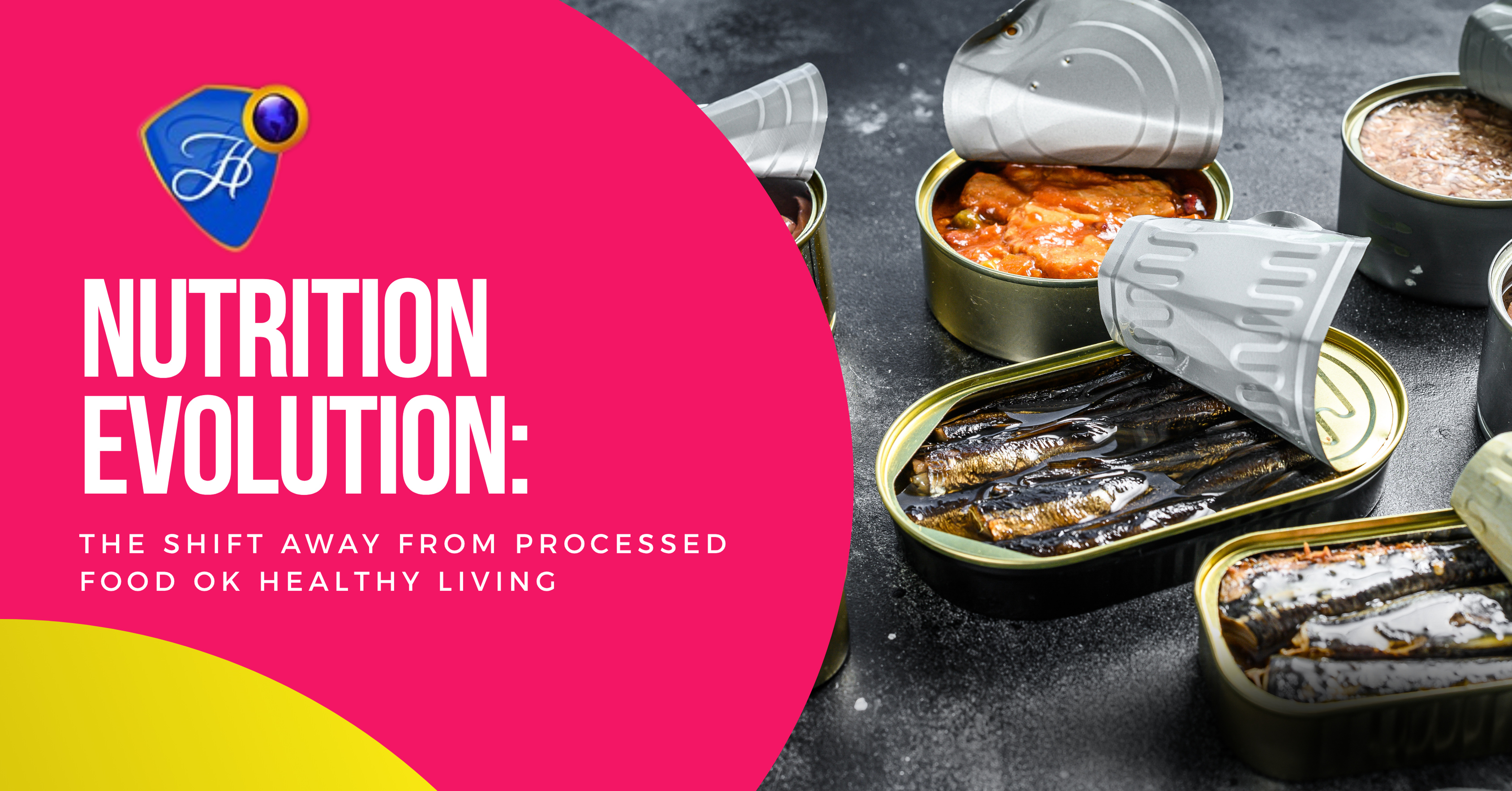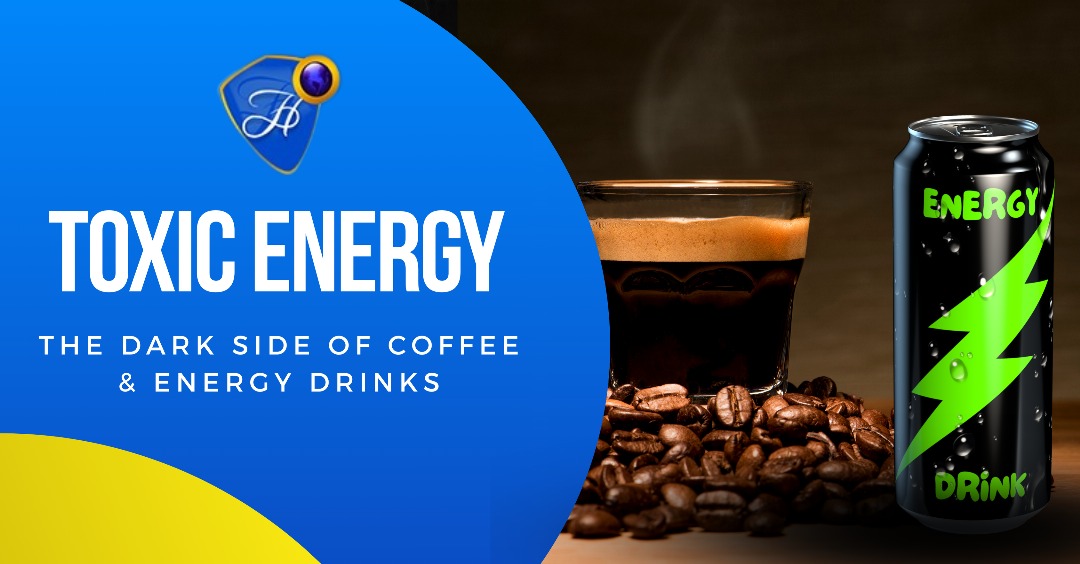
For a lot of people, caffeine is a stimulant for staying awake and active, but there are several side effects that make the consumption of excess caffeine far from ideal.
Having too much caffeine too often may lead to anxiety, insomnia, digestive problems, breakdown or loss of muscle mass, high blood pressure, elevated heart rate, and fatigue. These can cause several health complications and lead to other medical conditions. Also, the acidity level in caffeinated products like soda and energy drinks, and even coffee, may cause heartburn, diarrhea, and nausea.
As a child of God, you have control over your body. You can determine when you want to sleep or wake up; all you need is to discipline your body and condition it to obey your command.
Don’t depend on stimulants or any external aid to control your sleep. Sleep when you want to and stay awake when you want to. Practice conforming your body to your decisions.
However, there are various natural alternatives that will help you stay awake without doing any damage to your body. Here are some options, outside caffeine, that will help you stay alert when you need to.
Drink water: Sipping caffeine can give you a temporary energy boost, but drinking water is much healthier and more effective in keeping you alert. Dehydration makes focus and concentration difficult, so water works for improving productivity. You can add lemon and berries to make it more interesting. Also, you can snack on foods that contain plenty amounts of water, such as fruits and vegetables.
Exercise: Your body produces a lot of energy when you exercise. Daily exercise is very helpful in maintaining a healthy sleep schedule. Try doing some aerobics for like 30 to 40 minutes, take a walk around your neighborhood, or you could try some push-ups if you want to stay awake. The good thing about exercise is that, beyond helping you stay awake, your body stays trim and fit.
Take a shower: A cold or lukewarm bath will refresh and energize you after a long day. You can also splash water on your face at intervals when you start feeling drowsy. Brushing your teeth too, will help you stay alert for longer.
Use daylight: Darkness or dimly lit spaces signal your body to release sleepy hormones like melatonin. So, if you need to stay awake at night and sleep during the day, control your exposure sunlight and natural daylight. This can help reset your sleep patterns if necessary, with the extra benefit of reducing eye strain from exposure to the sun’s ultraviolet rays.
Take a brief nap: Taking a series of small naps throughout the night may help you stay alert. Short naps can be restorative, and they reduce sleepiness and improve performance. Try to catch 15 to 20 minutes of sleep during a break. If you’re driving through the night, pull into a rest stop for a quick nap. Use an alarm clock to make sure your nap doesn’t become a snooze fest.
Take frequent breaks: Prolonged, sustained attention and concentration can make you feel quite fatigued. In fact, the quality of your work is like suffer and you will be prone to making mistake. To counter these tendencies, it is advisable to take frequent short breaks when working. These interruptions will allow a return to sustained focus.
Switch tasks to challenge your mind: Monotonous work is as harmful as sleep loss for alertness. At work or home, try to reserve stimulating tasks for your sleepy times. Or switch to more engaging responsibilities when you yourself nodding off.








Post Comments & Testimonies